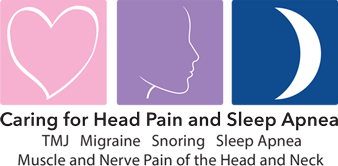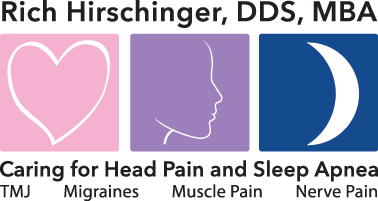What is TMJ?
TMJ stands for temporomandibular joint. It is the joint that connects your jaw to your skull, and it is very unique compared to the other major joints in the human body such as the knee, hip, elbow, and shoulder. The knee and the elbow are hinge joints, meaning they move just like a door hinge. The shoulder and hip have rotational movement to them. The temporomandibular joint is unique in a couple of ways. First, you have to move both joints at the same time and cannot choose to only move one joint. Also, the initial movement of the TMJ is a hinge movement, and that is followed by a translational movement where the jaw comes out of the area where it usually is so it is like an intentional dislocation. There are many dentists who claim they are TMJ specialists but Dr. Hirschinger is only one of a few hundred doctors in the United States who can legally claim he is a specialist. He completed a two-year full time residency in orofacial pain and dental sleep medicine at UCLA in Los Angeles, and he is Board certified by the American Board of Orofacial Pain, both of which are required to claim one is a specialist. What also makes Dr. Hirschinger unique is that he does not consider treating teeth or changing a patient's bite, like a neuromuscular dentist would, in order to reduce and/or eliminate a patient's complaint of TMJ pain.
Please click here to learn more about the types of TMJ treatment Dr. Hirschinger provides at his private practice in Beverly Hills, California.








